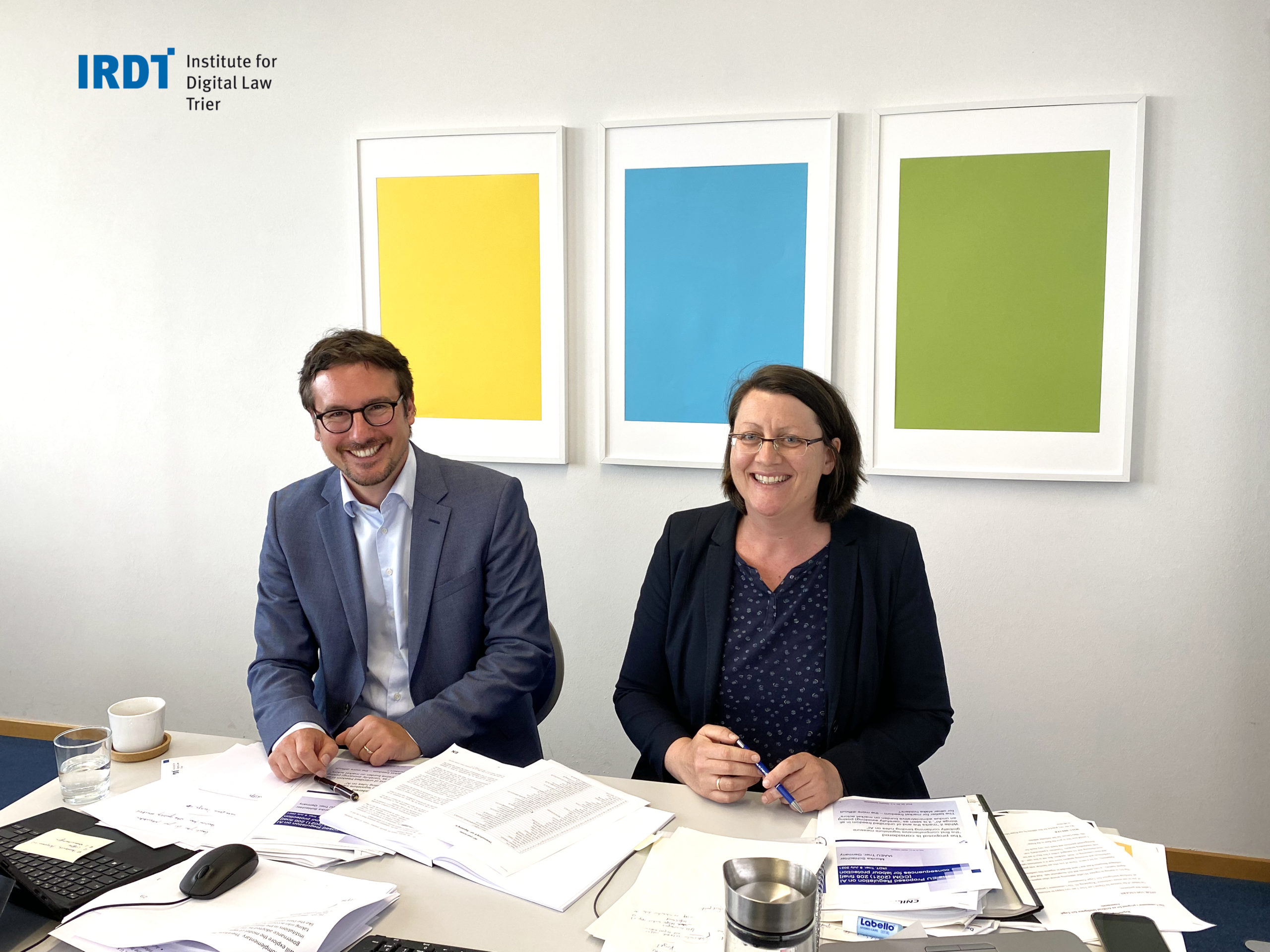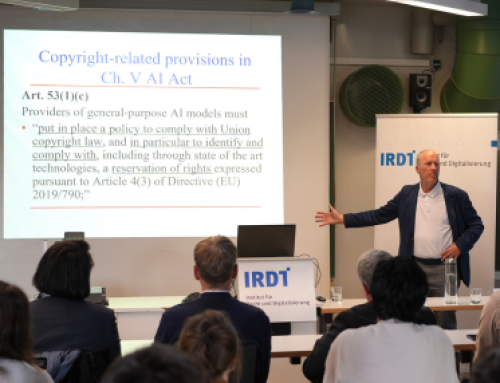Digitalisation, and algorithmic systems as well as AI in particular, hold great potential and could benefit our society in various aspects. However, it is vital to tackle possible threats to fundamental rights and freedoms that come with such progress. A modern legal system must accompany the technical transformation through AI by providing a suitable framework for innovations and simultaneously safeguarding problematic developments.
The proposed Artificial Intelligence Act aims to ensure that people can be able to trust that AI technology is used in a safe, not harmful way and is compliant with existing law. Furthermore, this regulation is a great chance to change discriminating decision patterns.
We heard fascinating and interesting presentations yesterday at our online conference on the Commission’s proposal of an #AI Act from our great speakers Paul Nemitz (Principal Advisor for DG Justice and Consumers, EU-Commission), Mireille Hildebrandt (Prof. on Interfacing Law and Technology, Free University Brussels), Ugo Pagallo (Prof. of Jurisprudence, University of Torino), Frank Pasquale (Prof. of Law, Brooklyn Law School), Monika Schlachter (Prof. at the Institute for Labour Law and Industrial Relations in the European Union, Trier University), Ingo Timm (Prof. of Business Informatics, Trier University, Co-Spokesman of the AI Section of the German Informatics Society), Félicien Vallet (CNIL) and Christiane Wendehorst (Prof. of Civil Law, University of Vienna, Co-Spokesperson of the German Data Ethics Commission).
The crucial requirements for high risk AI systems were highlighted, with special attention for human oversight. It was argued that the way such oversight is detailed in the Regulation takes humans out of the loop, reinstating them as being capable and competent to take charge of whatever system is made available, put into service or used. Not because humans necessarily outwit their machines, but because AI systems must be designed to enhance human agency rather than to diminish it.
However, there is one issue that is rarely addressed: resources necessary to achieve the envisioned alteration and improvement of regulated entities‘ practices. Competent authorities will likely need legal, technical, and social scientific expertise beyond current capacities if regulation is to be effective.
You can access the speakers‘ slides here:









